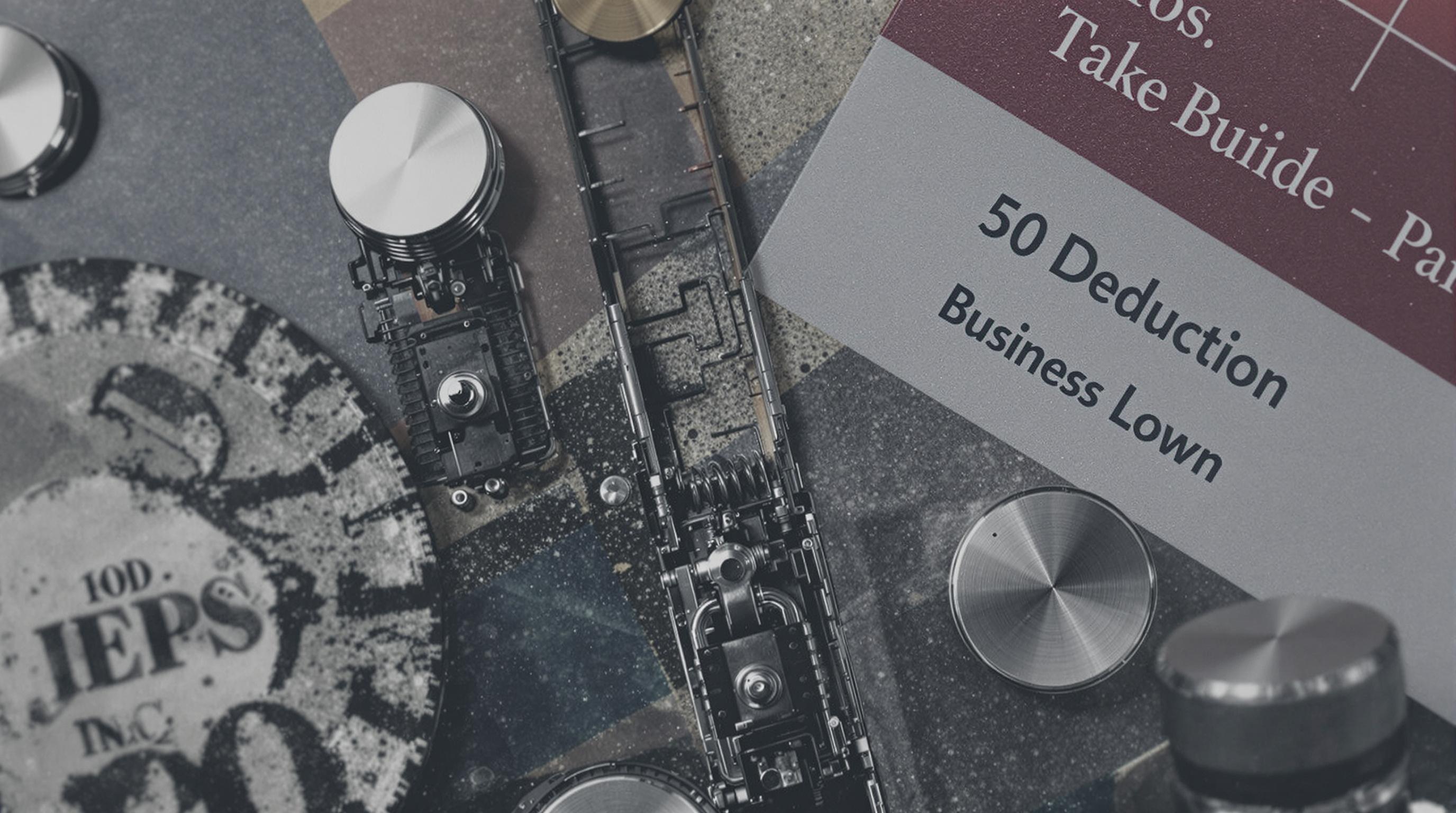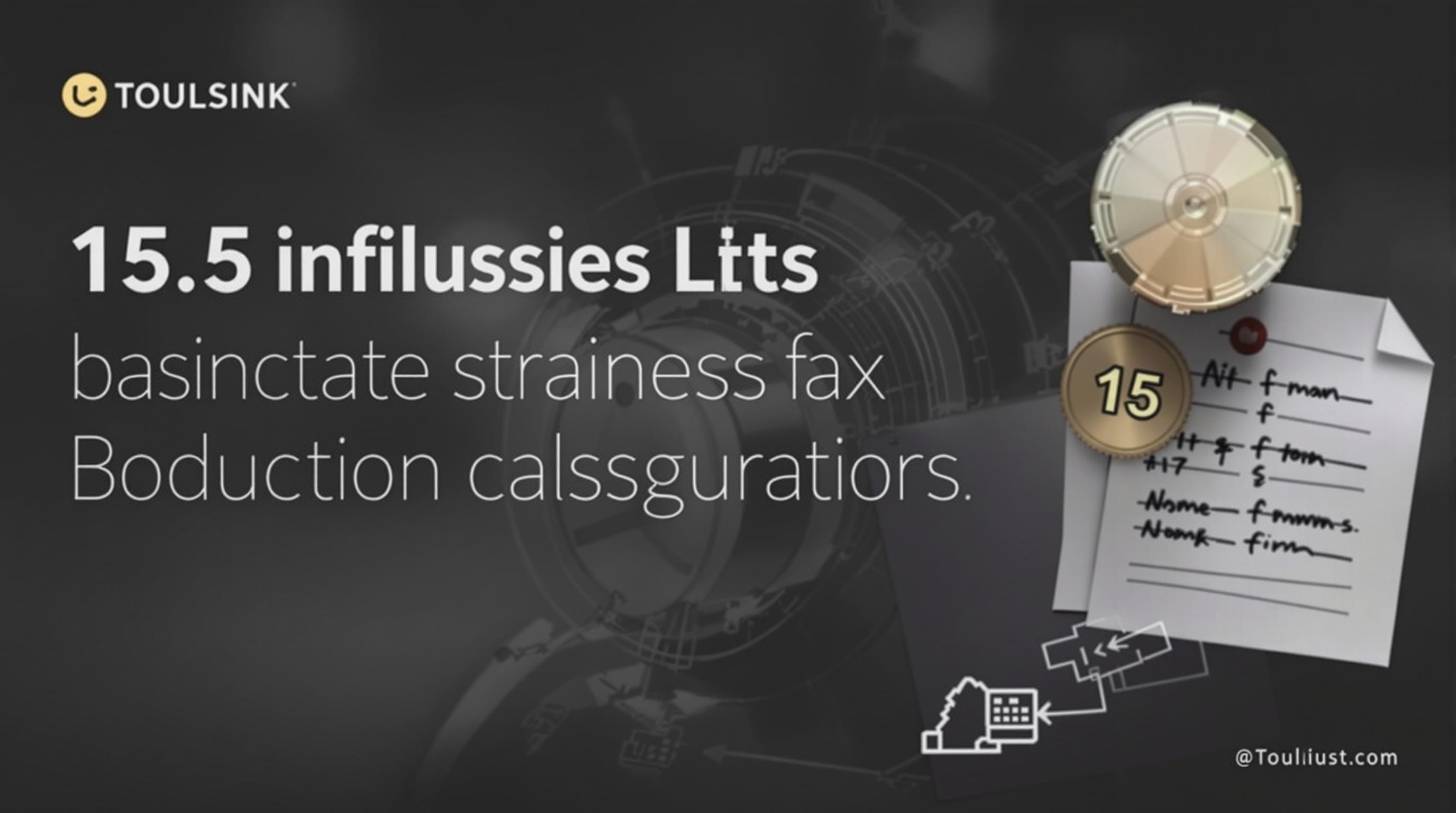Related Articles
- How Emotional Spending Biases in Leadership Can Influence Company Financial Transparency and Accountability
- Unveiling the Role of Employee Psychology in Shaping Unexpected Business Budget Outcomes
- Top 6 Disruptive Invoice Platforms Launched Since 2019 Tackling Automation Bottlenecks in Unconventional Ways
- Top 6 Smart Accounting Softwares Since 2019 That Revolutionize Tracking Business Tax Write-Offs
- The Rise of Biometric Authentication in Digital Finance: A New Frontier for Secure Business Transactions
- How Small Nonprofits Leverage Alternative Finance Tools to Navigate Accounting Challenges Off the Radar
How Environmental Practices Could Quietly Influence Your Business Tax Outcomes in Unexpected Ways
How Environmental Practices Could Quietly Influence Your Business Tax Outcomes in Unexpected Ways
Adopting green environmental practices can subtly and sometimes significantly affect your business tax outcomes, often in surprising and beneficial ways. This article explores the unexpected links between eco-friendly initiatives and taxation, offering a multifaceted look that ranges from hard numbers to human stories.
A Lighthearted Look at Tax Incentives
Okay, let's be honest: taxes are about as fun as a root canal, but when environmental practices come into play, suddenly the tax man feels a little less scary. Imagine Uncle Sam rewarding you for planting trees or installing solar panels. Sounds like a plot twist, right? But it's true—businesses engaging in sustainable efforts often score neat tax breaks, credits, and deductions.
For example
The U.S. government offers the Investment Tax Credit (ITC), which allows businesses to deduct a significant portion of the cost of installing renewable energy systems, such as solar and wind, directly off their tax bill. This means a business owner who spends $100,000 installing solar panels could reduce their taxes by up to 26%, depending on the year.
Did You Know?
Over 70% of businesses surveyed by Deloitte in 2022 indicated that they have integrated sustainability into their financial planning, highlighting how environmental efforts are intertwining with fiscal management more than ever before.
Story Time: The Bakery That Went Green
Meet Susan, a 45-year-old bakery owner who decided to switch to biodegradable packaging and source ingredients from local organic farms. Not only did her customers love the change, but she was surprised when her accountant mentioned lower tax liabilities.
By adopting sustainable packaging, Susan qualified for a state-level environmental tax credit, a little-known incentive in her area. The reduced packaging waste also decreased her business’s waste management costs. Susan’s story is a tangible example of how environmental choices can quietly impact a company’s bottom line through tax savings.
Formal Insight: Regulatory Frameworks and Their Impact
From a regulatory standpoint, many countries have developed frameworks to encourage environmentally responsible business conduct. Incentives include accelerated depreciation on green assets, reduced tax rates for companies meeting environmental standards, and grants for innovation in clean technology.
Such regulations are primarily designed to promote sustainability; however, they carry the additional benefit of reducing taxable income. For instance, accelerated depreciation allows businesses to deduct asset costs faster, effectively lowering tax payments in the short term. This strategy is particularly advantageous for capital-intensive sectors like manufacturing and transportation.
Case Study: Tech Company Embracing Sustainability
A mid-sized tech company implemented energy-efficient server cooling systems. According to their CFO, these improvements earned them a combined total of $150,000 in tax deductions over two years, while also cutting electricity bills by 30%. This dual advantage showcases how eco-friendly actions can produce tangible financial relief alongside environmental benefits.
Conversational: But Wait, It’s Not Just About Money!
Look, I get it – taxes are crucial, but the environment is about more than dollar signs. When your business embraces green practices, you're also boosting your brand reputation, attracting like-minded customers, and preparing for future regulations that might penalize less sustainable operations.
Picture it like this: you’re throwing a party, and everyone loves the green vibe you set—it's cool, modern, and forward-thinking. In the same way, businesses that lead with sustainability invite stronger loyalty and even potential investments, which, in turn, reflect back positively on tax outcomes due to better profitability and credits.
Statistic Alert!
A 2023 Nielsen report found that 66% of consumers are willing to spend more on products from companies committed to positive social and environmental impact. This consumer behavior not only boosts sales but can indirectly influence tax through higher revenues that qualify for various thresholds and incentives.
Humorous Take: If Taxes Were Like Recycling…
Imagine if tax forms came with a giant recycling bin for your paper waste, and stuffing receipts into it meant instant tax credits. While the IRS isn’t quite that fun, adopting environmentally friendly practices is probably the closest you’ll get to “recycling” your tax dollars effectively.
So while your accountant isn’t suggesting you become a superhero, they might just have a cape in the form of credits and deductions tucked inside your tax documents, waiting to be claimed through smart green moves.
Deeper Dive: Carbon Credits and Trading Schemes
Beyond immediate deductions, businesses can participate in carbon credit markets, which have become increasingly relevant as governments impose caps on emissions.
By reducing emissions and selling earned carbon credits to other businesses, companies can generate additional revenue streams. These earnings might complicate tax filings but also open doors to new opportunities and benefits, especially in jurisdictions promoting carbon-neutral economies.
Example in Practice
In the European Union Emissions Trading System, companies that emit less than their allocated carbon permits can sell the excess permits to other companies. This creates a competitive advantage both environmentally and financially, indirectly enhancing their tax position by reducing liabilities.
Casual Chat: What About Small Businesses?
Not every business has the resources for massive eco-overhauls, but even small tweaks count. Swapping to LED lighting, participating in recycling programs, or minimizing paper use can qualify you for local tax rebates or avoid certain fees.
Many small business owners don’t realize that simply improving energy efficiency in an office or storefront can qualify for tax advantages. Plus, these changes often lower operating expenses, which can translate into better cash flow and a healthier tax profile.
Young Entrepreneur’s Perspective
As a 24-year-old who recently launched an online clothing brand, I find that adopting zero-plastic packaging not only appeals to my customer base but has helped me tap into government subsidies targeted at sustainable startups. These subsidies effectively reduce my business expenses and tax burden.
Conclusion: The Quiet Power of Green Choices
Whether you're an ambitious startup founder or an established corporation, environmental practices can quietly shape your business tax outcomes. These influences range from direct tax credits and deductions to indirect benefits like enhanced reputation and new financial opportunities.
By understanding and embracing the intersection of sustainability and taxation, businesses position themselves for growth that's both profitable and responsible—a green win on all fronts.
Author Bio: Ethan, 38, combines years of experience in environmental economics with a passion for storytelling. Writing for a diverse audience, he enjoys breaking down complex financial subjects into engaging narratives that empower readers to make informed decisions about their business and the planet.


